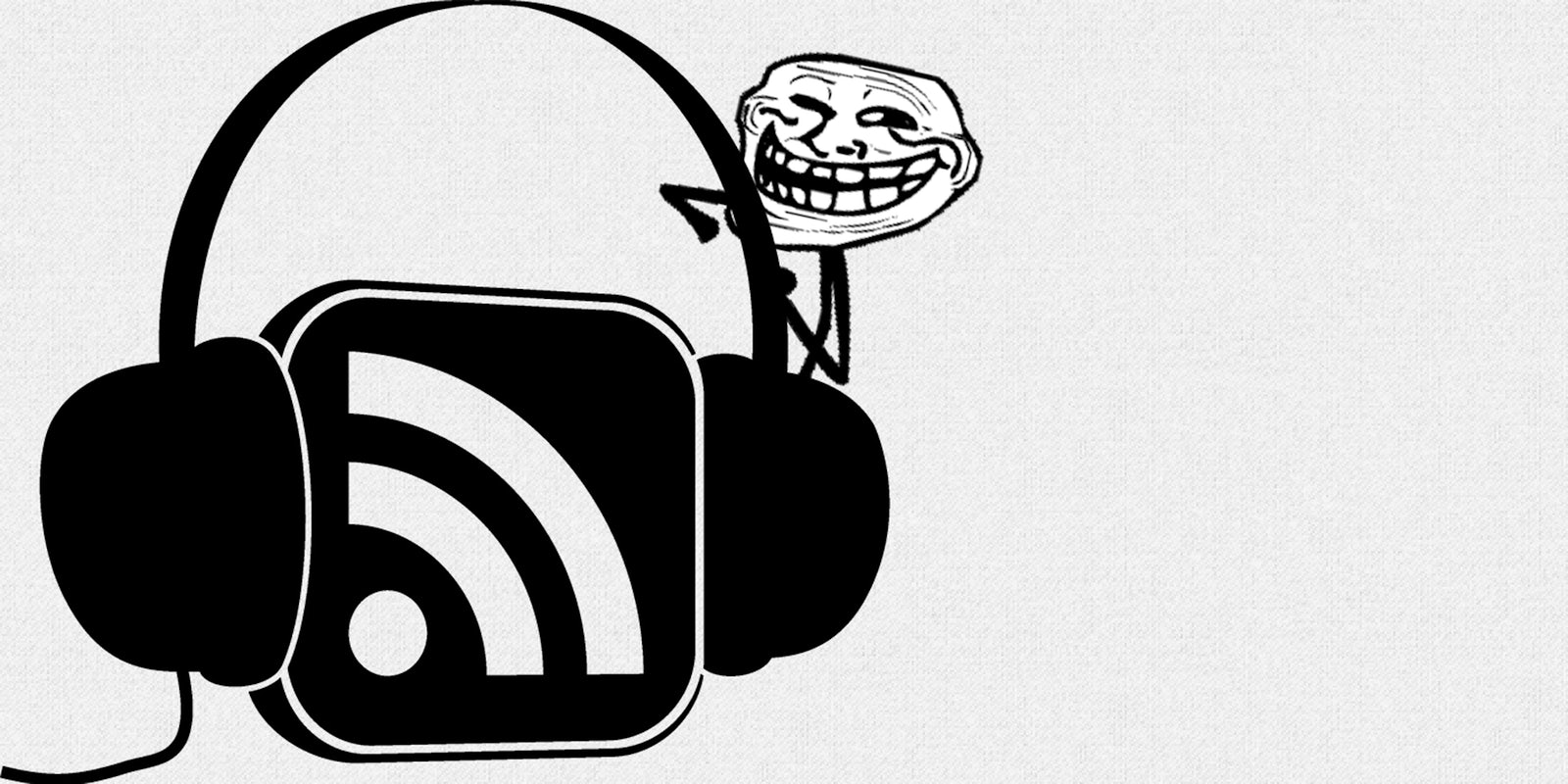In the two-year legal battle between podcasters and patent trolls, podcasters just scored a decisive victory.
This week, the U.S. Patent and Trademark Office invalidated key parts of a patent held by Personal Audio, LLC. Personal Audio claimed proprietary ownership over a crucial technology used in the podcasting medium and sought to extract licensing fees and litigation fees from numerous podcasters—a practice derisively referred to as “patent trolling.”
The ruling comes at the behest of a petition to review the patent filed by the Electronic Frontier Foundation, which has helped organize the podcast industry’s fight against Personal Audio by creating a crowdfunding campaign that raised more than $78,000.
“We’re glad the Patent Office recognized what we all knew: ‘podcasting’ had been around for many years and this company does not own it,” said EFF staff attorney Daniel Nazer in a written statement.
According to the BBC, the patent held by Personal Audio claimed ownership over the intellectual property behind “updateable electronic table of contents,” something used by all podcasts to distribute episodic content. Personal Audio acquired the patent just three years ago, even though podcasting has been around for over a decade.
The Texas-based company still has the option to appeal the Patent and Trademark Office’s ruling, but for the time being, it appears that Personal Audio will not be able to further pursue any further action to force podcasters to pay licensing fees.
Podcasters have already started claiming victory, including Adam Carolla, who became the subject of an actual lawsuit from Personal Audio as a result of his show’s popularity. Carolla was an influential voice in rallying his fans and other podcasters—such as Marc Maron, Chris Hardwick, and Joe Rogan—to join the EFF’s crowdfunding campaign.
Appearing on Hardwick’s Nerdist podcast this week, Carolla said that by targeting the podcasting community, Personal Audio only brought broader public scrutiny upon itself.
“Picking on guys with microphones was probably an ill-fated choice for them,” Carolla said, adding, “They didn’t need that kind of publicity. They don’t want any kind of publicity. They just want to quietly go about their day suing people with super deep pockets and then go golf.”
Though this ruling seems to have put an end to the legal challenges faced by podcasters, the broader issue of patent trolling in the tech industry is ongoing.
In an effort to deal with the larger issue, Rep. Bob Goodlatte (R-Va.), chairman of the House Judiciary Committee, has once again put forward legislation intended to curb frivolous and extortive patent lawsuits. According to PBS News, Goodlatte’s bill would “toughen requirements when filing patent challenges” and potentially “make plaintiffs liable for legal bills of the defendants if a claim is considered ‘unreasonable.’”
Goodlatte and other supporters argue these reforms would cut at the heart of the patent troll business model, which relies on exorbitant court costs to force defendants into paying hefty settlements or licensing fees. It’s unclear if Goodlatte’s bill will stand a better chance than last year when similar legislation died in the Senate. Opponents of the legislation fear it would go too far in curtailing the legal options for patent holders with legitimate claims.
Illustration by Fernando Alfonso III


